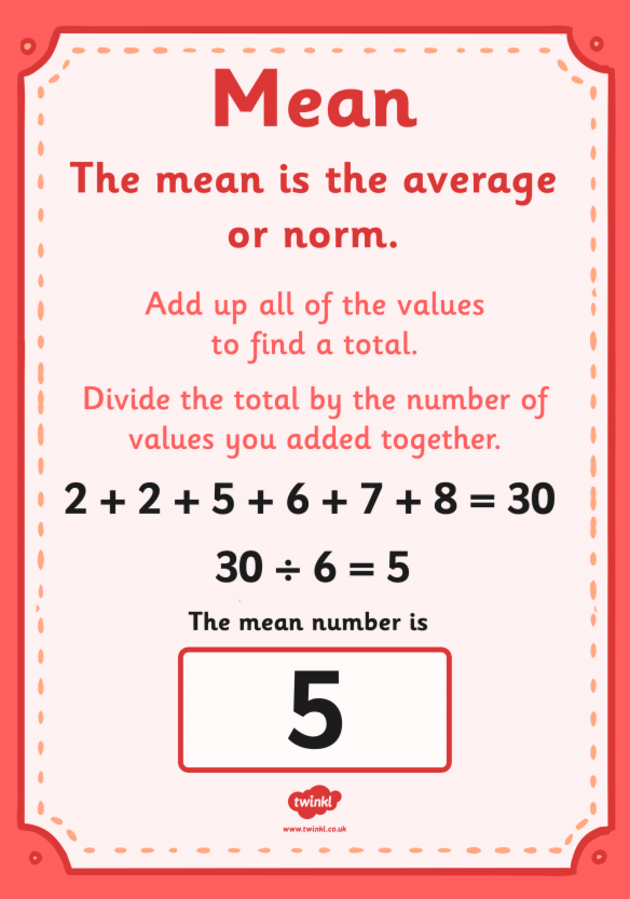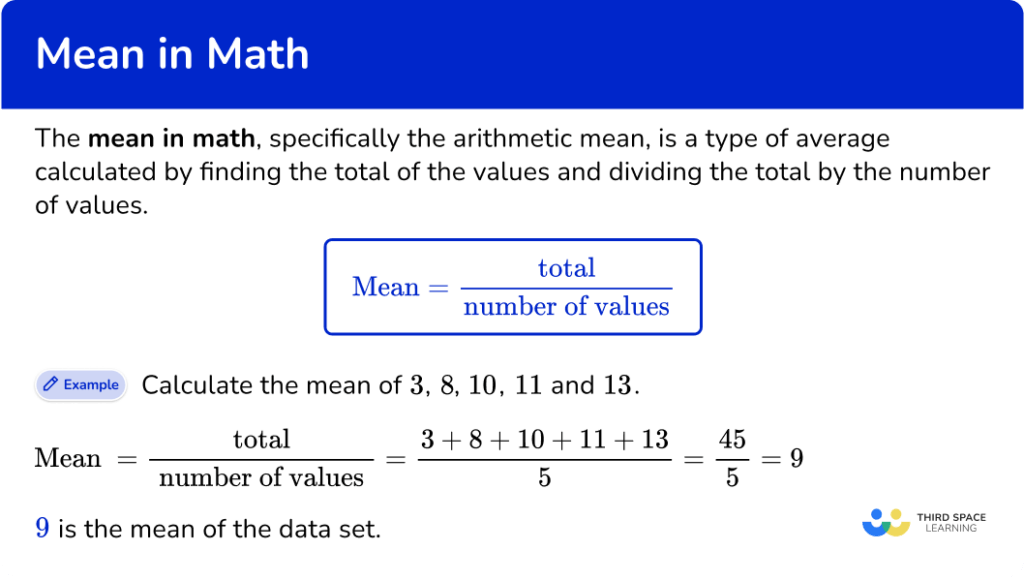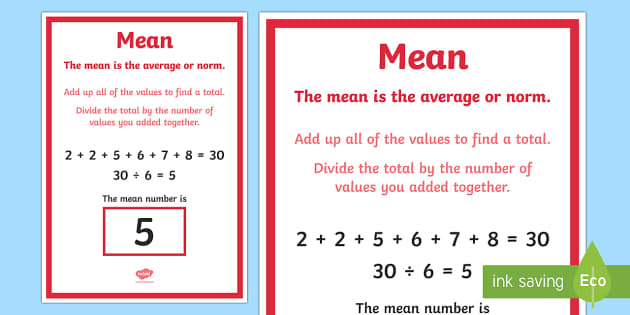The Enduring Charm Of “Mean Girls”: So You Agree?
There are some movie lines that just stick with you, aren't there? Like a catchy tune you cannot quite shake, some phrases from films become part of our everyday talk. When we think about iconic high school comedies, one film, in particular, often springs to mind, and with it, a certain question that has become a cultural touchstone. It is that movie, you know, the one about the Plastics, and that very specific moment when Regina George, with her signature smirk, delivers a line that instantly defines a whole interaction.
This particular phrase, "so you agree," is not just a throwaway bit of dialogue; it is, in some respects, a masterclass in manipulation, a simple question that turns a casual comment into an unexpected trap. It captures the very essence of high school social games, where words can be weapons and subtle agreements can be used against you. This line, truly, has a way of making you pause and think about how easily someone can twist your own words around.
For many of us, this movie, with its sharp wit and surprisingly deep look at teenage life, holds a special spot. It is a story that, honestly, feels like it could happen anywhere, any time. The characters, their struggles, and those unforgettable lines, like the one we are discussing, just resonate. It is almost as if the film itself understands a kind of "average" or typical social dynamic, a way groups can act, sometimes not so nicely, which is rather interesting to consider.
Table of Contents
- The Unforgettable Line: "So You Agree?"
- Why This Quote Still Hits Home
- The Plastics and Their World: A Look at Social Groups
- The Psychology of "Mean" Behavior in High School
- "Mean Girls" Beyond the Screen: Its Cultural Footprint
- Relatability and Life Lessons from the Movie
- The Enduring Power of Memes and Gifs
- Frequently Asked Questions
- Final Thoughts on the Lasting Impact
The Unforgettable Line: "So You Agree?"
Picture the scene: Cady Heron, new to the school, is trying to fit in. She is sitting with the Plastics, and the conversation drifts to another girl. Someone says something not so kind about her. Cady, trying to be polite or perhaps just a little bit agreeable, makes a small, almost insignificant comment. Then, Regina George, the queen bee, turns to her, eyes narrowed, and delivers the punchline: "So you agree?" This moment is, in a way, a tiny masterclass in social power plays, and it is pretty effective, you know?
The brilliance of this line lies in its simplicity and how it immediately puts Cady on the spot. It takes a neutral or mildly affirming statement and transforms it into a full endorsement of a negative opinion. This tactic is something many people have, sadly, seen or experienced in real life, especially in group settings where fitting in feels very important. It is a classic move to confirm someone's allegiance or to expose their true feelings, or so it seems.
Regina uses this line to assert her dominance and to test Cady's loyalty to the group. If Cady agrees, she is in; if she disagrees, she is out. It is a subtle but powerful way to control the social narrative, and it shows, quite clearly, how even a simple phrase can hold a lot of weight in a social pecking order. The movie, honestly, captures these little moments so well.
Why This Quote Still Hits Home
Even years after its first showing, the "so you agree" line continues to resonate with audiences. Why is that, you might ask? Well, it is because it taps into a very real human experience: the pressure to conform, the fear of saying the wrong thing, and the subtle ways people try to manipulate others. It is, in fact, a universal feeling, isn't it?
The quote's lasting appeal also comes from its immediate recognition. When someone says "so you agree?" in conversation, especially with a slightly knowing look, everyone who has seen the movie instantly gets the reference. It is a shared cultural shorthand, a quick way to communicate a complex idea about social dynamics without needing many words. This is, you know, a pretty cool thing about pop culture.
Furthermore, the line's impact is tied to its comedic timing and the character delivering it. Regina George is, arguably, one of the most memorable movie villains because she is so charmingly awful. Her delivery makes the line funny, yes, but also a little bit chilling, because we have all met someone like her, or perhaps, we have seen this kind of behavior play out in various social groups. It really is a powerful moment.
The Plastics and Their World: A Look at Social Groups
The "mean girls" of the movie are more than just characters; they represent a type of social structure found in many high school settings. They are the popular group, the ones who set the trends and, in a way, control the social flow. Their behavior, while exaggerated for comedy, mirrors the dynamics of power and exclusion that can, honestly, make teenage years rather tough for some.
The film, in some respects, offers a pretty clear look at how these groups operate. There are unspoken rules, a strict hierarchy, and a constant need for approval. The Plastics, led by Regina, maintain their status through a mix of charisma, intimidation, and a very precise understanding of social leverage. They are, you know, quite a force to deal with.
The movie also shows the consequences of being part of such a group, both for those outside and for those within. Cady's journey into and out of the Plastics reveals the emptiness that can come with popularity when it is built on unkindness and superficiality. It is, as a matter of fact, a cautionary tale about chasing acceptance at any cost.
The Psychology of "Mean" Behavior in High School
The term "mean" in the movie's title refers to unkind, often cruel, behavior. This kind of behavior, particularly in high school, can stem from various sources, including insecurity, a desire for control, or even just a lack of understanding about how one's actions affect others. It is, frankly, a complex topic, and the movie handles it pretty well.
Often, the "mean" actions seen in the film, like gossip, exclusion, and subtle put-downs, are a way for individuals to assert their social standing. It is a bit like a competition, where putting others down can, seemingly, lift oneself up. This dynamic is, unfortunately, a rather common occurrence in many social environments, not just high school.
The film does a good job of showing that even the "mean" characters are, in some ways, products of their environment and their own insecurities. Regina, for instance, is not just evil; she has her own vulnerabilities, which the movie subtly hints at. This adds a layer of depth to the story, making the characters feel, you know, a little more real.
"Mean Girls" Beyond the Screen: Its Cultural Footprint
"Mean Girls" has, truly, left an indelible mark on popular culture. It is not just a movie; it is a phenomenon. Its quotes are everywhere, its characters are instantly recognizable, and its themes are still discussed today, in 2024, as much as they were when it first came out. This kind of lasting impact is, quite honestly, pretty rare for a comedy film.
The movie's influence can be seen in countless ways, from Halloween costumes to everyday conversations. It has become a reference point for discussing high school social dynamics, female friendships, and the pressures of fitting in. People often use its lines to describe situations in their own lives, which is, you know, a pretty cool testament to its relatability.
Its clever script, penned by Tina Fey, and its memorable performances are, arguably, what give it such staying power. The film manages to be both hilarious and insightful, offering laughs while also prompting thought about serious social issues. It is, in fact, a very well-crafted piece of entertainment that, apparently, just keeps on giving.
Relatability and Life Lessons from the Movie
One of the main reasons "Mean Girls" continues to be so popular is its incredible relatability. Almost everyone can see a bit of themselves, their friends, or their high school experiences reflected in the film's narrative. Whether you were a Cady, a Janis, a Damian, or even, you know, a little bit of a Plastic, the story feels very familiar.
The movie, in some respects, offers some pretty clear lessons about authenticity and self-acceptance. Cady learns that trying to be someone you are not, just to fit in, ultimately leads to unhappiness. It is a powerful message about staying true to yourself, even when the pressure to conform is, like, really strong.
It also touches on the importance of genuine friendship and the dangers of gossip and backstabbing. The film shows that true connections are built on trust and kindness, not on social climbing or putting others down. These are, honestly, timeless lessons that, arguably, resonate with people of all ages.
The Enduring Power of Memes and Gifs
The phrase "mean girls so you agree" has found a second life, a pretty big one actually, in the world of internet memes and animated gifs. If you search for "mean girls so you agree gif," you will find countless versions of Regina George's iconic moment, ready to be shared in conversations online. This is, you know, a pretty big part of its continued popularity.
These little animated clips, often found on platforms like Tenor, allow people to express agreement, or more often, a sarcastic form of agreement, with a visual punch. They are a quick, funny way to communicate a feeling or a reaction without needing many words. It is, basically, a modern form of communication that perfectly suits the movie's sharp wit.
The fact that this specific line, among many others from the movie, has become such a widely used meme speaks volumes about its cultural impact. It shows how a single moment from a film can transcend its original context and become a part of our daily digital language. It is, in fact, a rather fascinating example of how movies live on in our collective consciousness.
Frequently Asked Questions
What is the context of "so you agree?" in Mean Girls?
The line "so you agree?" is spoken by Regina George to Cady Heron in the movie "Mean Girls." It happens after Cady makes a seemingly innocent comment about another girl, and Regina twists it to imply Cady fully agrees with a negative assessment of that person. It is a way for Regina to test Cady's loyalty and pull her further into the Plastics' way of thinking.
Why is the "so you agree" quote so popular?
The quote is popular because it perfectly captures a common social dynamic: the pressure to conform and the subtle manipulation that can happen in group settings. It is also delivered by an iconic character, Regina George, with memorable comedic timing, making it instantly recognizable and widely used in memes and everyday conversation.
What themes does "Mean Girls" explore?
"Mean Girls" explores several themes, including high school social hierarchies, the pressures of conformity, the importance of authenticity, female friendships, and the impact of bullying and gossip. It also touches on the journey of self-discovery during adolescence, which is, you know, a pretty big deal for many young people. Learn more about social dynamics on our site, and link to this page for more movie insights.
Final Thoughts on the Lasting Impact
The enduring appeal of "Mean Girls" and its famous "so you agree" line is a testament to its clever writing and its keen observation of human behavior. It is a movie that, frankly, just gets it. It understands the intricate, sometimes brutal, world of high school social groups and the universal desire to find your place while staying true to who you are. The film's ability to blend humor with genuine insights is, arguably, what makes it a classic that continues to be watched and discussed, even now, in 2024. It is a pretty clear example of how a movie can capture a moment in time, yet still feel completely relevant years later. You can learn more about its impact on culture through various analyses, such as those found on Vulture's oral history of the movie.

What is the Mean in Maths? Definition & Examples | Twinkl

Mean in Math - Math Steps, Examples & Questions

Mean Poster (Hecho por educadores) - Twinkl